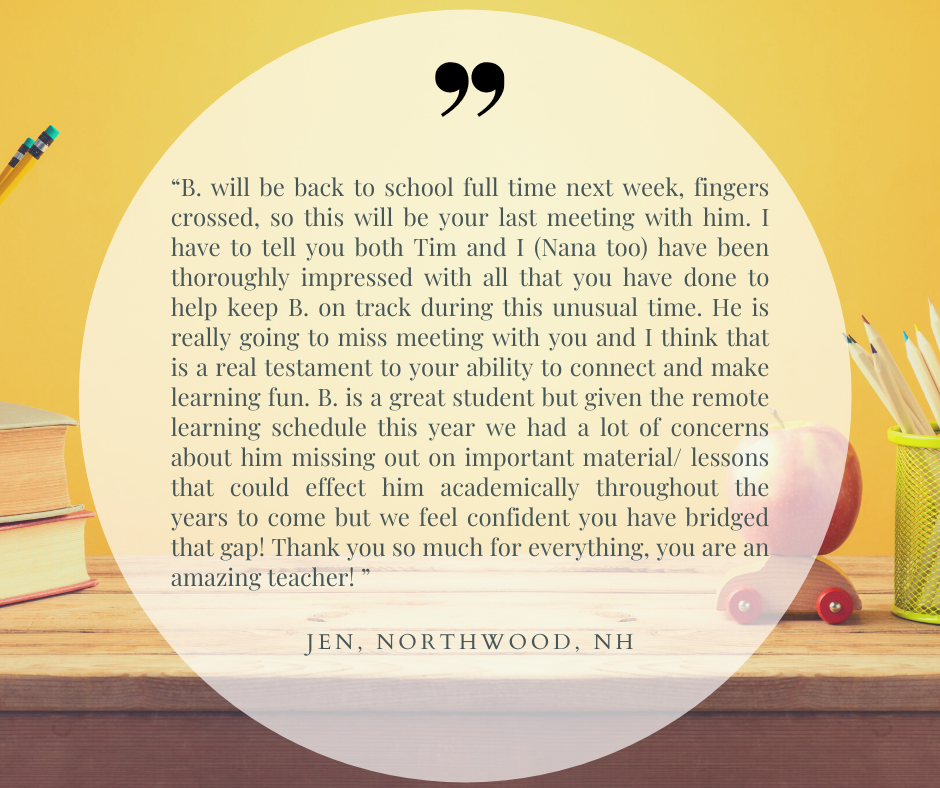I thought this might be of some interest to my readers. The idea that our children need less time in school and that schools stifle our natural curiosity has been put forward by teacher John Gatto for over 20 years now. It still draws criticism, but praise as well.
The excerpt from the book was posted by DelancyPlace.com.
I’d really like to hear from you what you think of the idea. Do you agree? Disagree? Do you have comments?
kids need less school, not more — 1/8/14In today’s selection — in his controversial 1992 book Dumbing Us Down, — now in its tenth edition — award-winning teacher John Taylor Gatto puts forward a decidedly different view of what needs to be done to improve our schools. He argues that kids need less school rather than more, that our current system of education stifles the natural curiosity and joy of learning, and that between school, television and the internet, kids today are left with less than 12 hours a week “to create a unique consciousness”: “It appears to me as a schoolteacher that schools are already a major cause of weak families and weak communities. They separate parents and children from vital interaction with each other and from true curiosity about each other’s lives. Schools stifle family originality by appropriating the critical time needed for any sound idea of family to develop — then they blame the family for its failure to be a family. … “Why, then, are we locking kids up in an involuntary network with strangers for twelve years? … “Look again at [what I consider to be] the seven lessons of school teaching: confusion, class position, indifference, emotional and intellectual dependency, conditional self-esteem, and surveillance. All of these lessons are prime training for permanent underclasses, people deprived forever of finding the center of their own special genius. And over time this training has shaken loose from its original purpose: to regulate the poor. For since the 1920s the growth of the school bureaucracy as well as the less visible growth of a horde of industries that profit from schooling exactly as it is, has enlarged this institution’s original grasp to the point that it now seizes the sons and daughters of the middle classes as well. …
“Our form of compulsory schooling is an invention of the State of Massachusetts around 1850. It was resisted — sometimes with guns — by an estimated eighty percent of the Massachusetts population, the last outpost in Barnstable on Cape Cod not surrendering its children until the 1880s, when the area was seized by militia and children marched to school under guard. “Now here is a curious idea to ponder: Senator Ted Kennedy’s office … released a paper … claiming that prior to compulsory education the state literacy rate was ninety-eight percent and that after it the figure never exceeded ninety-one percent, where it stands in 1990. “Here is another curiosity to think about: The home-schooling movement has quietly grown to a size where one and half million young people are being educated entirely by their own parents; last month the education press reported the amazing news that, in their ability to think, children schooled at home seem to be five or even ten years ahead of their formally trained peers. … “The truth is that reading, writing, and arithmetic only take about one hundred hours to transmit as long as the audience is eager and willing to learn. The trick is to wait until someone asks and then move fast while the mood is on. Millions of people teach themselves these things — it really isn’t very hard. Pick up a fifth-grade math or rhetoric textbook from 1850 and you’ll see that the texts were pitched then on what would today be considered college level. … “Self-knowledge is the only basis of true knowledge. Everywhere in [a successful education] system, at every age, you will find arrangements that work to place the child alone in an unguided setting with a problem to solve. … Independent study, community service, adventures and experience, large doses of privacy and solitude, a thousand different apprenticeships — the one-day variety or longer — these are all powerful, cheap, and effective ways to start a real reform of schooling.”
|












